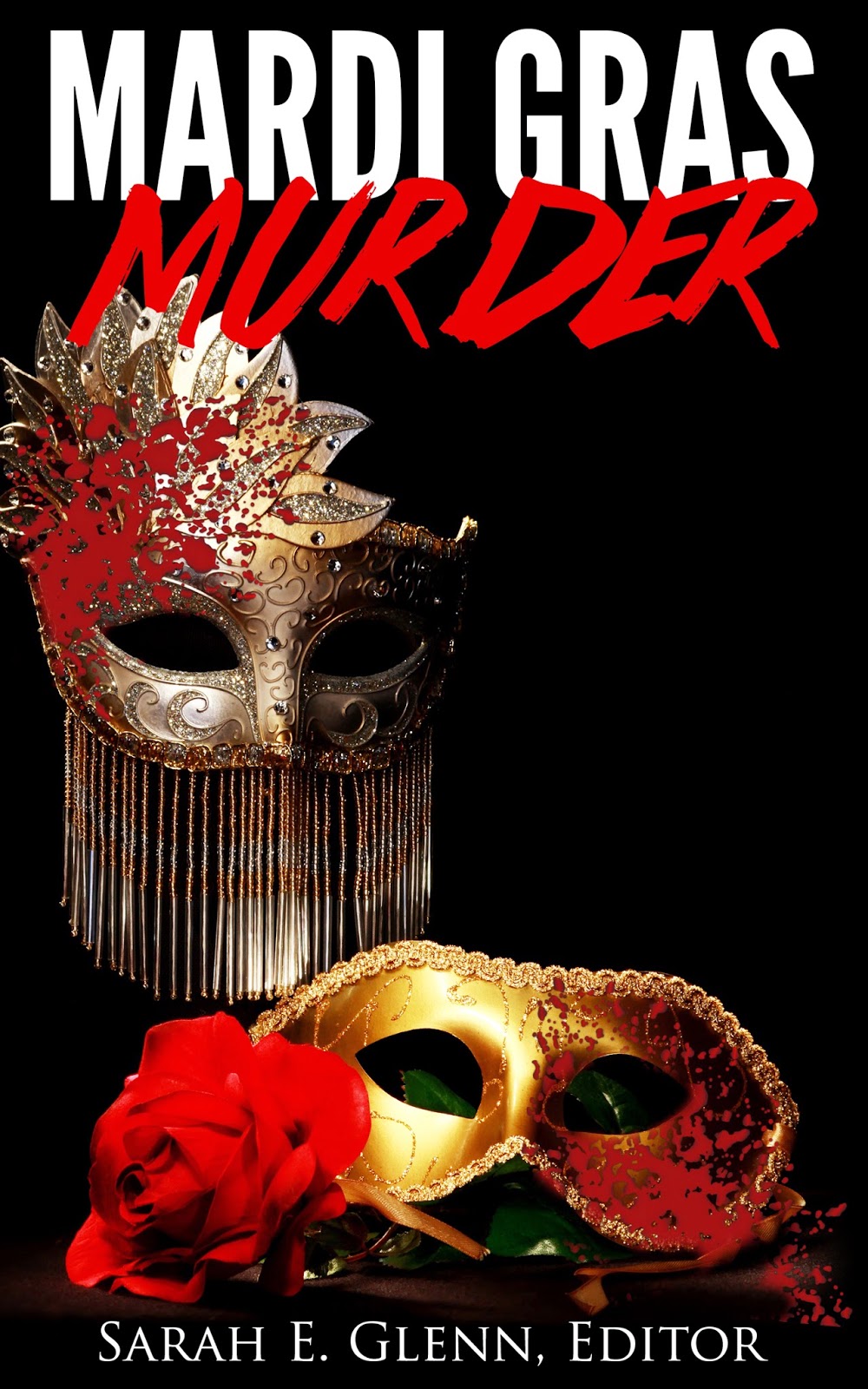IYKYK (If You Know You Know)
As authors, the written word is our trade. We strive for authenticity in the way characters talk, the language they use, and the methods used to communicate. Dialog differentiates the speakers, but how to make a teenager sound like, well, a teenager rather than their grandparents? A judicious use of slang can establish a character’s identity, often revealing their social status and education.
 What is slang anyway and why does it work? The dictionary defines slang as: “a language peculiar to a particular group, an informal nonstandard vocabulary composed typically of coinages, arbitrarily changed words, and extravagant, forced, or facetious figures of speech.”
What is slang anyway and why does it work? The dictionary defines slang as: “a language peculiar to a particular group, an informal nonstandard vocabulary composed typically of coinages, arbitrarily changed words, and extravagant, forced, or facetious figures of speech.”
Consider these two dialog snippets from Ready Player One, a 2011 science fiction novel by Ernest Cline:
Example 1:
“Great outfit, slick,” he said. “Where did you snag the sweet threads?”
Example 2:
“…what do you have to do to get your hands on all this moolah? Well, hold your horses, kids.”
Without much thought, you can tell the first is from a young person (actually an avatar) by the idioms and slang used. Likewise, you know right away the speaker in Example 2 is a much older person by the use of ‘moolah’ and ‘hold your horses’ — expressions common in past decades.
Historically, spoken language evolves faster than its formal written counterpart. The rise of the internet, social media, and texting has birthed a new language that is written, full of a multitude of unpronounceable expressions.
Which brings me to my conundrum. My characters are often on cellphones, texting each other. How should I use slang to individualize their texts? I’m not even clear on how to represent this dialog. In different fonts? Bolded? Indented? And how do you tag the different speakers in a back-and-forth conversation? My go-to edition of the Chicago Manual of Style has deserted me on this topic, making no formal recommendation. And, shudder, what slang do my characters use when texting?

Internet slang is a non-standard language used to communicate using symbols (emojis) and shorthand acronyms on gaming platforms, phones, chat groups, and social media. Examples most of us know are IYKYK (if you know you know), LOL (laughing out loud), and LMK (let me know). Others are more specialized to particular groups. Try GG (good game) for gamers, API (application programming interface) for software developers, or DOMS (delayed onset muscle soreness) for fitness groups.
Others are more arcane. How about the sarcastic GPOY (gratuitous pictures of yourself) or 403 (deny access to). My favorite example is PWNED (owned). This linguistic abomination apocryphally arose from a game developer’s misspelling of ‘owned’. I leave the pronunciation to your imagination.
Faster than the spoken language, internet slang is evolving and changing almost daily. Herein lies one of the dangers. The shorthand slang idioms used on one social media platform, say Reddit, differ from those in common usage on X or BlueSky.
That’s not to say that some of these acronyms haven’t wormed their way into everyday English, such as FOMO (fear of missing out). English, the opportunistic and omnivorous language it is, has adopted SNAFU, AWOL, and MIA among others. However, there is no predicting which acronyms will appear in the next edition of the Oxford Dictionary of the English Language or be relegated to the dustbin of archaic cliches. Using what is in favor today may, at best, only sound dated or most likely be cringe-worthy tomorrow.
You might ask why have my characters text at all. A phone call or F2F (face to face) would avoid these problems. First, today everyone is glued to their phones, even conversing over texts while at the same dinner table. Second, I use texting as a technique to create anticipation or suspense. Unlike a phone call or a conversation, a response to a text can be delayed, maybe not even seen for a conveniently inconvenient period of time. Finally, a character can carry on a text conversation while witnessing or participating in exciting action.
So, where does that leave my characters? For now, their texts will be pronounceable. They will contain punctuation. I will treat internet slang as a foreign language, using an expression only if the meaning is clear from the context. What do you think?
IIGHT (alright, okay?)







Brooke, your blogs on writing are so helpful. Thank you for explaining these acronyms and how communication is constantly evolving. I don’t think we can even say yearly anymore. It’s both exciting and frustrating to be a writer these days. We have a communication problem. Technology hinders the way we solve crimes, and yet we can use our imaginations and come up with something equally creative. Unfortunately I’m never part of the IYKYK crowd. I’m constantly having to look up acronyms and Internet slang!
Brooke, I think most of us are struggling with this. I’ve decided to keep texting shorthand to a minimum and only employ those acronyms that have made it into everyday life at this point. Since most of my characters are middle-aged or older, it’s not that much of a problem except for the few teens in my series, and I rarely have scenes where it’s necessary to have them text.
I have enough trouble translating some of the acronyms in my own life… let alone in my writing. :).
You’ve hit on the same dilemma I had with my last book, whose characters must text one another in several scenes. After tackling that issue, I’m seriously thinking about writing a historical novel next.
Interesting take on a very real writing issue. C’mon, CMS, it’s time to come to the party.